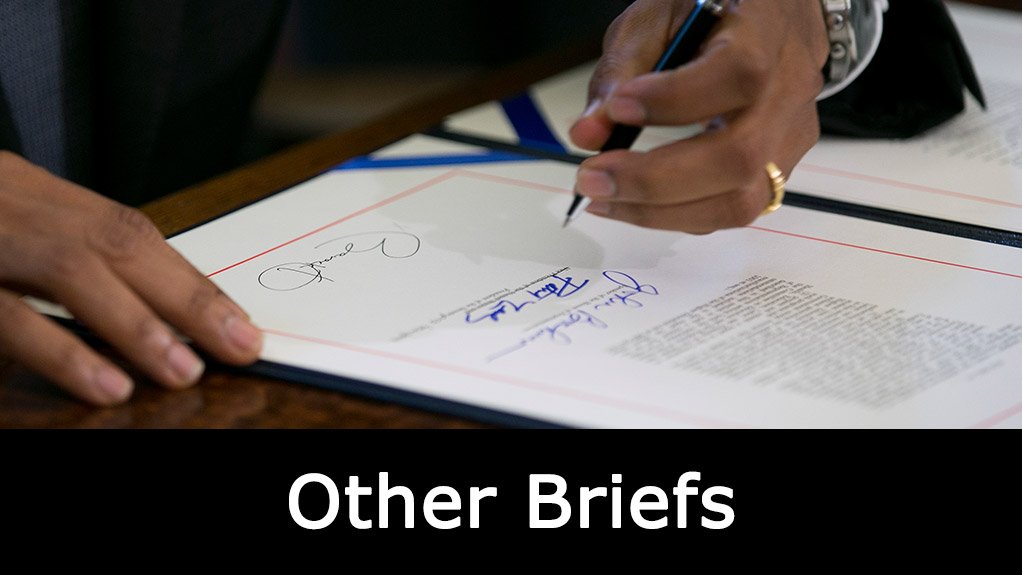“A tax risk anywhere in the world, is a tax risk everywhere,” stated Commissioner Edward Kieswetter, following his recent appointment as Vice Chairperson of the Organisation for Economic Cooperation and Development (OECD) Forum on Tax Administration (FTA).
This is a significant milestone which places South Africa at the forefront of global tax administration, alongside Canada and Norway. The OECD assists countries to create better policies on issues such as trade, education, and taxation. The role of the FTA is to connect tax authorities globally to improve tax systems, combat tax evasion and simplify compliance, explains Razael Manikus, Chief Operations Officer at Latita Africa.
Interesting, however, is how closely this aligns with SARS’ larger strategic objectives, including to close in on non-compliance. This has clearly struck a chord with role-players in international tax administration and is a testament to the country’s growing influence in shaping global tax policies.
The Forest for the Trees
SARS is often criticised for its aggressive stance against non-compliance, which is manifested in its use of the stick more so than the carrot. For example, this year has brought with it increased SARS audits, additional assessments and debt collection against defaulting taxpayers, along with a multitude of other measures SARS has taken to enforce compliance with increasing frequency and veracity.
What can easily be missed is the proactive approach also taken by SARS, particularly in relation to the use of data and innovative new technologies. This is especially important, given South Africa’s continued grey-listed status by the Financial Action Task Force (FATF).
Manikus advises that SARS is not merely aiming for low-hanging fruit, either. Just this year, we have seen a raft of litigation on complex tax matters, against behemoths in the South African market, over immense tax liabilities. Of course, this is not necessarily the view of individual taxpayers who have also experienced a rise in SARS investigation and enforcement. But then again, it doesn’t matter if a driver who is speeding does so in a Ferrari or a humble jalopy – the law should be enforced just the same.
Road to a Brighter Future
The Commissioner’s new role strengthens SARS’s ability to influence global tax discourse. Why is this important? Taxation today is increasingly global, with cross-border trade and digital transactions increasingly blurring national boundaries. Manikus emphasises that for South African taxpayers, this could hopefully translate to enhanced protection against unfair tax practices and outcomes, such as double taxation, or evasionary schemes that undermine honest taxpayers.
As the Commissioner says, “No country is a fiscal Island,” adding that it is critical for SARS to maintain solid international networks and partnerships which enable cross-border tax cooperation and improve voluntary tax compliance.
This appointment also amplifies South Africa’s voice in ensuring that international tax frameworks, such as the Global Minimum Tax, are equitable and considerate of developing countries’ needs. To the hopeful taxpayer, this could be a step towards a more equitable and prosperous South Africa in future.
Written by Latita Africa
EMAIL THIS ARTICLE SAVE THIS ARTICLE ARTICLE ENQUIRY
To subscribe email subscriptions@creamermedia.co.za or click here
To advertise email advertising@creamermedia.co.za or click here











